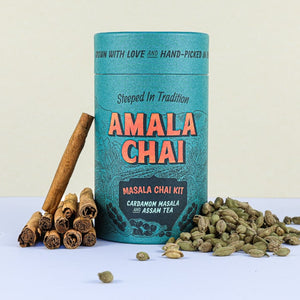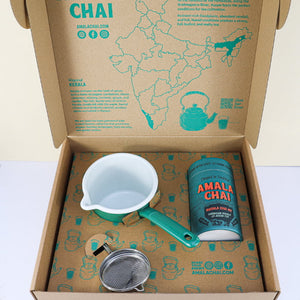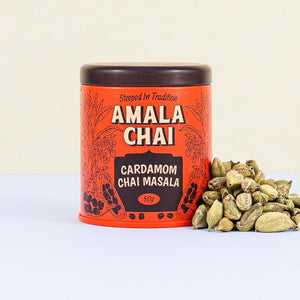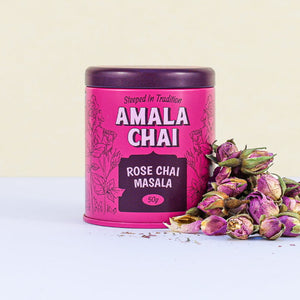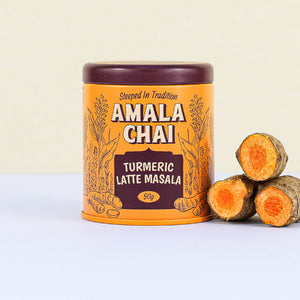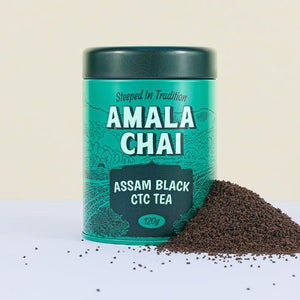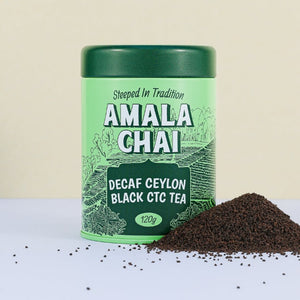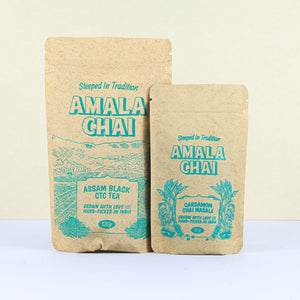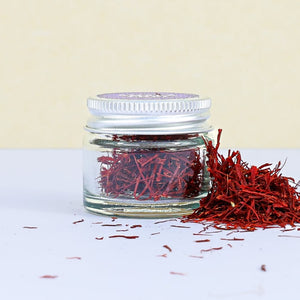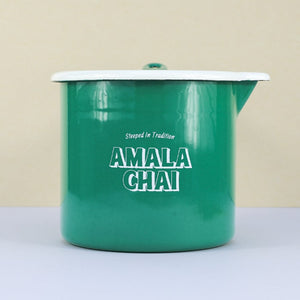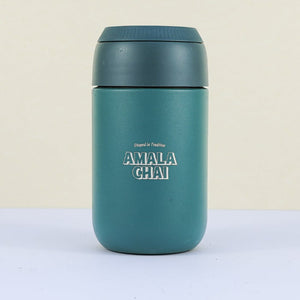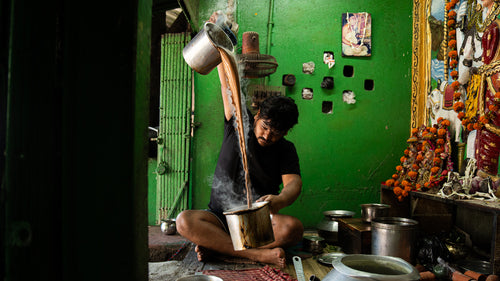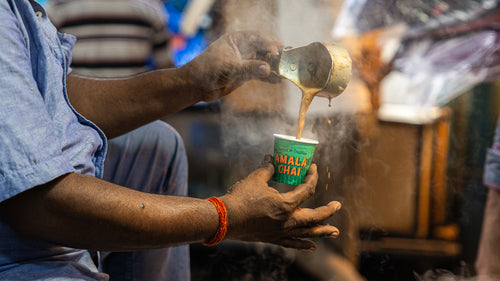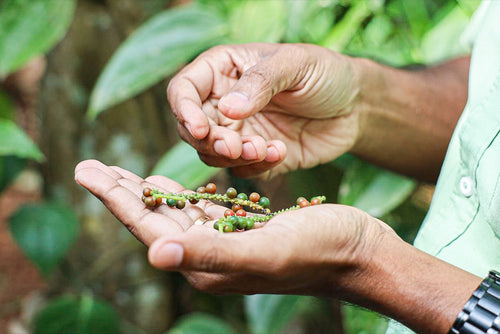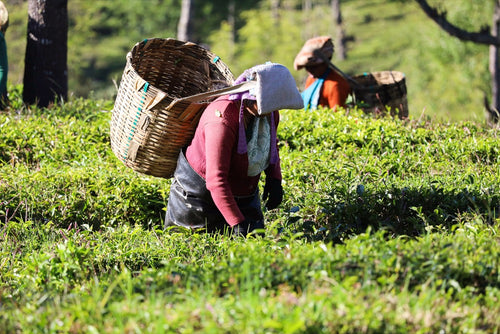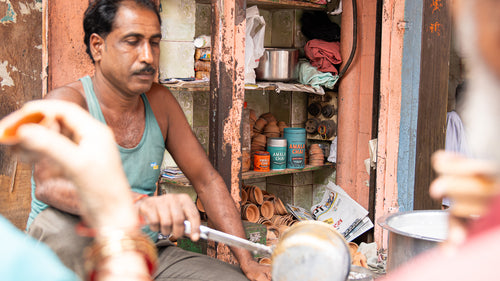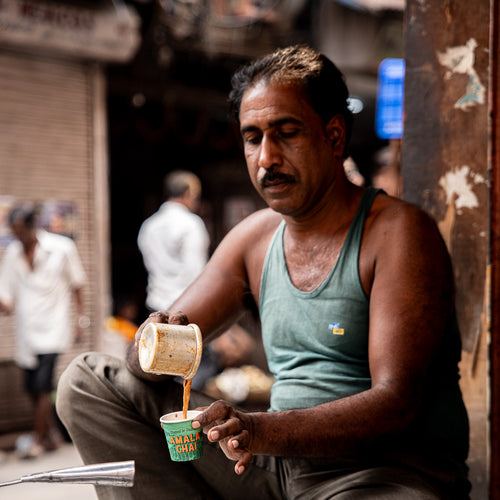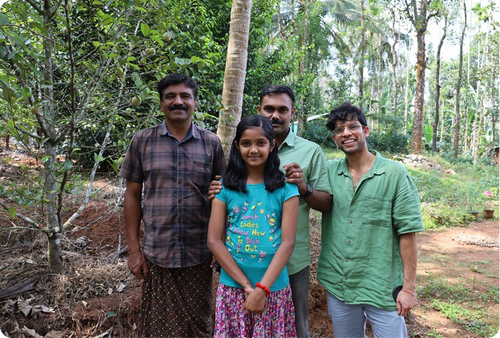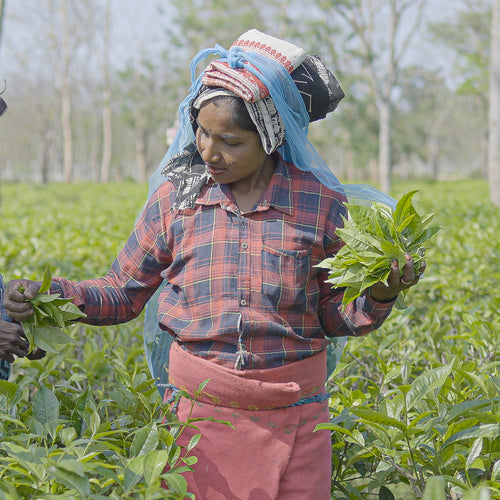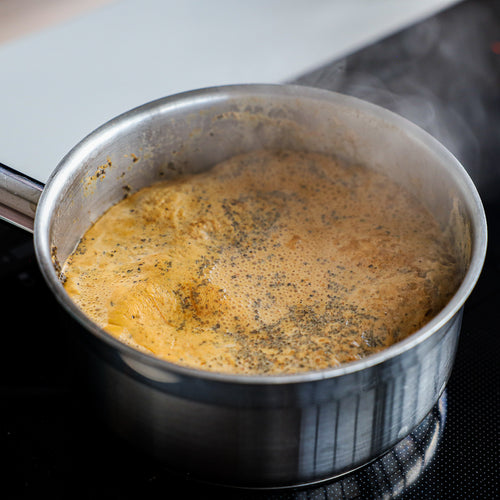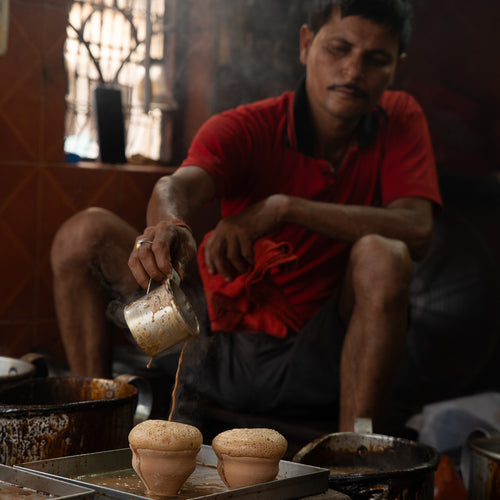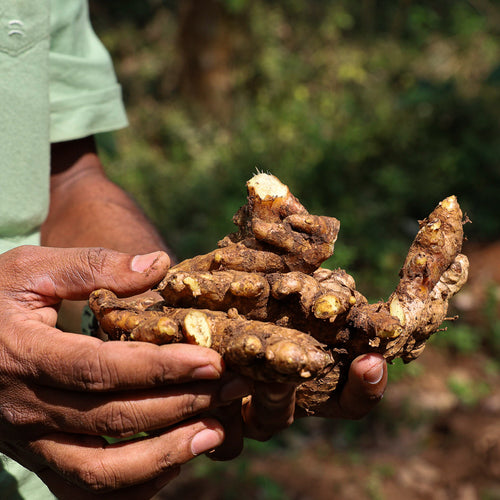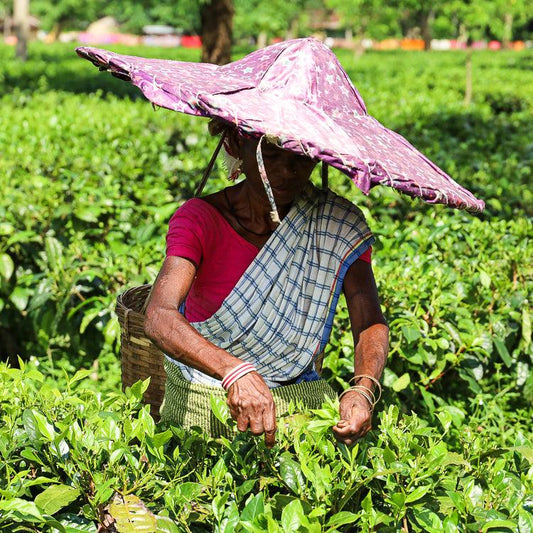The Future of the Tea Industry
It has never been so easy for consumers to taste the amazing teas of the world. From Oolong to Pu’erh to masala chai, the question is now no longer would you like a cup of tea, but what variety would you like, and how would you like to drink it. As we enjoy the benefits of western globalisation and artisan teas, the tea industry is under threat from a multitude of factors.
From socio-economic challenges to climate change to a never ending global pandemic, every aspect of the tea industry is changing. Tea lovers still take for granted the process it takes to get from leaf to cup and now need to understand the challenges facing the industry. How long are we going to be able to enjoy this privilege and what can steps can we take to sustain the beautifully crafted tea that has captivated tea drinkers across the world?

For centuries, tea has been enjoyed by the those who produce it. The fresh aromas of the leaf going through production, all ending in a delicious cuppa, helped soothe the mind and soul of many.
When tea became a globalised beverage, producers started competing for both price and quality, often exploiting cheap labour to satisfy the growing demands of western consumers.
Tea can be broken into 2 broad categories: the mass market commodity that we see around the world i.e. english breakfast tea and the higher quality, premium teas.

For mass market, low quality tea, many communities are born into life on a tea estate, with their incomes wholly dependent on the tea estate to support their family.
This system is often seen as inundated slavery, and the cycle can only be broken if consumers reduce their demand for mass market teas or the estate provides a higher standard of living for these tea workers.
For speciality tea production, tea leaves are always hand picked. Knowledge has been passed down from generation to generation requiring a unique eye and nimble hands to know when the tea is perfect for plucking.

Visiting our tea supplier in Assam, we learnt that only the top two leaves and the bud are picked to produce the best tasting tea.
As the educated youth of today no longer want to tend to the farms and seek to live in the cities, the amount of specialty tea pickers are falling year by year. As a result, labour prices are increasing year by year and is causing a huge problem for the tea industry. Whilst larger, low quality tea producers can still exploit economies of scale and use machines to harvest whole tea trees, the tea estates that are most affected are the smaller, family run tea estates who produce higher quality teas often with higher labour costs.

With increased costs, it is becoming harder for the small, family-run tea estates to remain competitive.
Producers are left with a choice: to increase the price of their tea or to reduce labour by using fertilisers and machines. By directly purchasing tea straight from ethical producers and paying a fair price for the high quality tea that we enjoy, we can make a difference in the direction that the tea industry is heading in.

As well as the socio-economic changes, a rapidly changing climate is affecting the tea regions of the world.
Humidity, temperature & rainfall are all important factors in how a tea plant is grown and harvested and even the smallest changes can reduce the crop yield or quality. In Assam, India’s largest growing tea region, changes in the intensity and duration of the monsoon can already be seen. With more intense wet spells, water logging of the plants has been causing root rot.

In China’s Yunnan province famed for its teas, recent findings have shown that average daily rainfall has risen during the dry season and fallen in the wet season.
Whilst this has led to an increase in the quantity of tea produced, it has decreased the quality as the special compounds that give the teas of Yunnan their amazing flavour can no longer be held in the leaves.
How different tea producers anticipate these changes in weather patterns is essential to their survival. Producing inconsistent yield is going to reduce the market value of their teas and further jeopardise the sustainability of their business.

Just as as the tea industry started to adjust to the socio-economic & environmental challenges for the tea industry, a global pandemic struck.
This short video by the BBC highlights the devastating effects that the virus is having on the tea pickers' livelihood, and subsequently, the tea industry.
Whilst the direction of the tea industry seems bleak, there is still a lot of hope.
Tea Estates are learning how to adapt to unusual weather patterns and are using different water management techniques to keep crop quality high. The new wave of sustainable & ethical consumerism is sweeping the western world giving value to single estate, premium teas. We as consumers can make a conscious effort to buy sustainably sourced teas and educate those around us on the harmful effects that mass market tea companies have on the world of tea.
Next time you are sipping on a cup of chai, just appreciate how lucky we are to have these amazing teas at our fingertips, and understand the many challenges people have had to go through to reach your cup.
